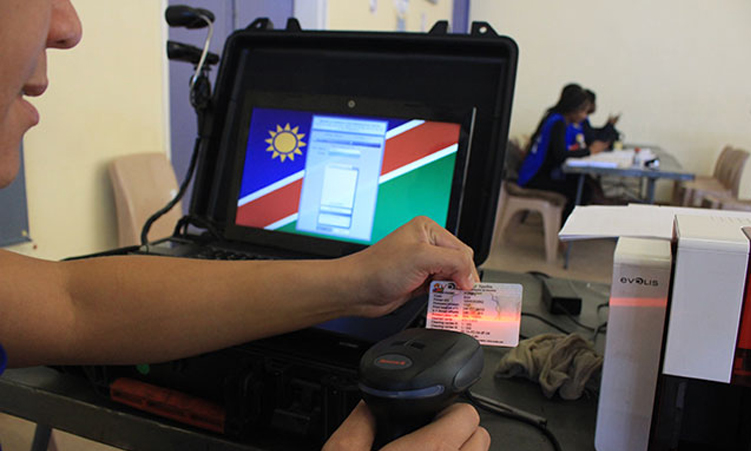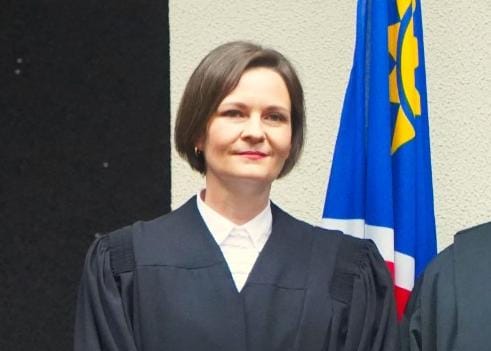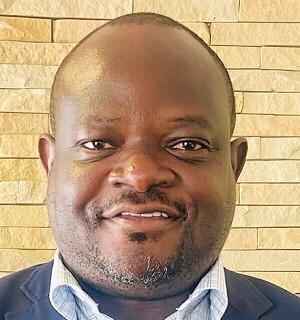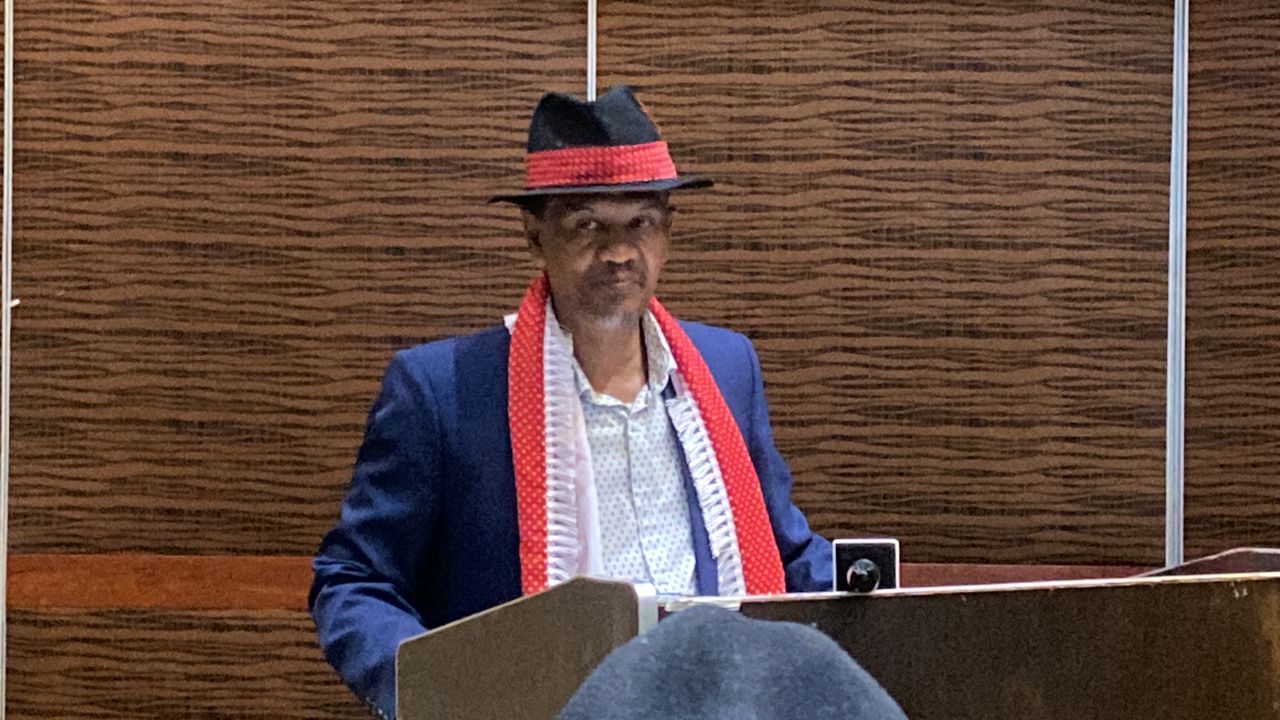Political parties and analysts have raised concern over the slow pace at which the Electoral Commission of Namibia (ECN) is conducting the voter registration exercise that started on 1 June and will end on 1 August.
ECN chief electoral officer Peter Shaama yesterday said the commission has so far registered 366 036 voters.
He said the Khomas region leads the process with 77 098 registered voters, followed by the Ohangwena region with 40 122 registered voters.
The Zambezi region has registered fewer voters (11 381), followed by the Omaheke, Kunene, Hardap and //Kharas regions.
Political analyst Ndumba Kamwanyah says the pace of registration is concerning, but hopes it picks up towards the deadline.
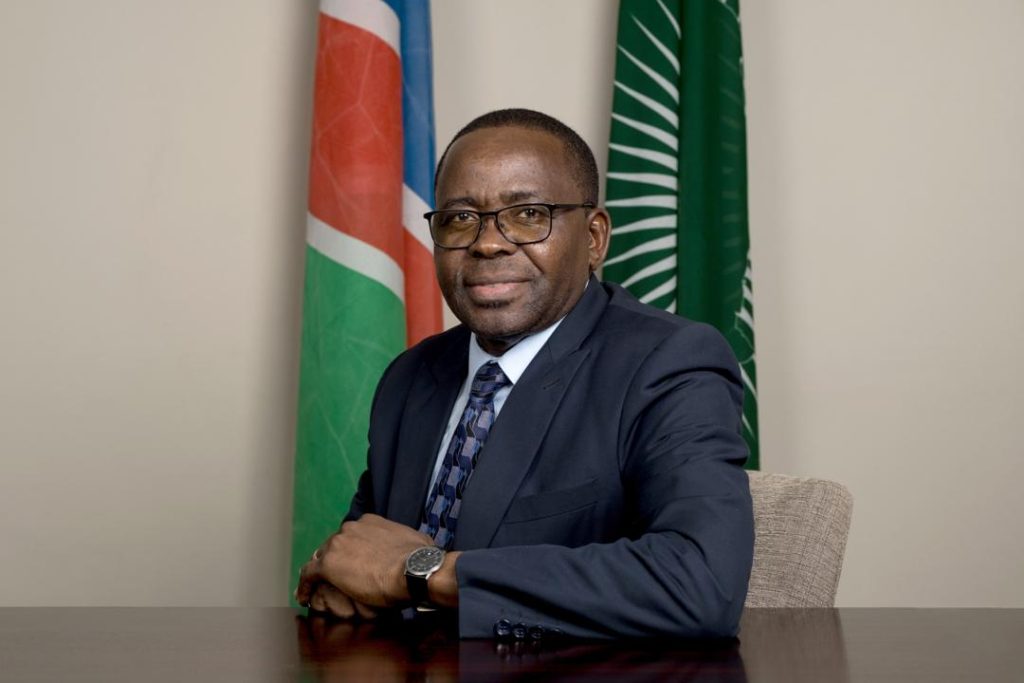
“Efforts should be made to make sure people are registering, especially young people. We must draw lessons from the SIM card registration exercise, where we ended up extending the deadlines,” he said.
Kamwanyah says leaving things until the last minute is part of Namibian culture.
“It’s the responsibility of the parties that they take their supporters to register. The ECN should also educate the people. It should not just be written, but do radio programmes for people who cannot read,” he says.
ECN MAY MISS TARGET
Politics lecturer Johannes Coetzee says it is critical that the commission make data available of previous voter registration exercises every two weeks to gauge the comparative pace of the current registration exercise.
“If 366 036 people registered in two weeks, that means 183 018 registered per week. With seven weeks remaining to register, provided that the same pace of registration will continue, it means 1 281 126 can register by 1 August,” he says.
Coetzee says if the current pace is reduced during the two weeks that follow, the ECN would be unlikely to achieve its target.
“It is not a surprise that regions that are geographically far from urban centres are slow to register. Given the biggest drought in decades, people in remote areas who struggle to survive must spend additional time to travel and move their animals.
“Additionally, there are delays at the registration points of 30 minutes and longer,” he says.
Coetzee says if the ECN does not reach its target, this would provide Swapo with an advantage.
“The non-registration of any voter always translates into a vote for keeping any ruling party in a secure place,” he says.
Coetzee says it is unlikely that political parties would do enough to encourage especially younger voters in urban centres to register due to less available resources.

Political analyst Rui Tyitende says it is too early to label voter turnout as unsuccessful.
“Namibians have the propensity to wait till the last days to register, so we should expect the numbers to increase drastically,” he says.
Tyitende says while the ECN does well to inform eligible voters of the requirements to register for the elections, little information is provided on the role of the president and the National Assembly.
“What are people voting for? What is the constitutional mandate of the president? How is a government formed? How does that affect public policy?” he asks.
Meanwhile, Swapo Party Youth League (SPYL) secretary Ephraim Nekongo says the pace of voter registration (at 21%) over a two-week period raises concerns about overall voter turnout.
“It is a concern to us in the SPYL. We urge our people to go out in big numbers to register to ensure a strong voter turnout,” he says.
Nekongo says it is essential that parties mobilise supporters and ensure they are registered to vote in the upcoming elections.
“The disparity in voter registration numbers among regions, with Khomas leading and the southern regions struggling, could have implications for the ruling party versus the opposition.
“It is essential for all parties to engage with communities in all regions to ensure broad participation and representation in the electoral process,” he says.
Landless People’s Movement spokesperson Lifalaza Simataa says there is a need to sensitise voters on the importance of registering to vote.
“Make sure there are enough registration points in all the regions. The northern region has a large concentration of individuals, compared to other regions like Zambezi and the south.
“We should look at the population. We believe they are not doing as much as they should when it comes to political education. We do not see tangible accessibility points to make. The ECN is failing in information dissemination,” he says.
Stay informed with The Namibian – your source for credible journalism. Get in-depth reporting and opinions for
only N$85 a month. Invest in journalism, invest in democracy –
Subscribe Now!


